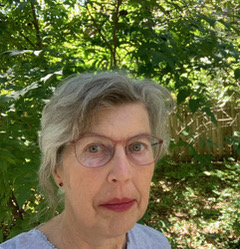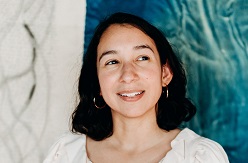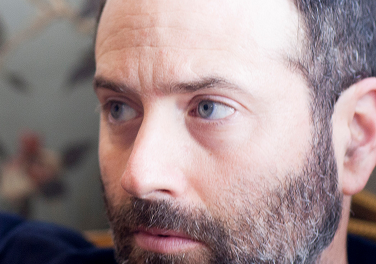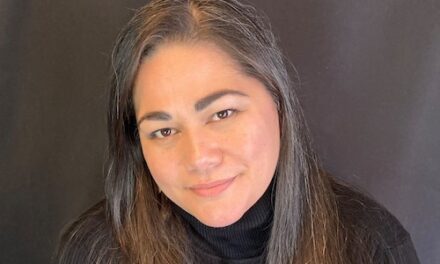Assistant Editor Connor Yeck: In “Gulf Pass,” Leslie Morris examines the desire to love a landscape that’s defined not only by its ecology—a coast teeming with wildlife—but also the humanmade industries that inhabit it. Caught between these two competing yet complimentary worlds, Morris ultimately challenges us to consider our roles as observers and participants in such systems not only now, but in the coming future.
To hear Leslie read her poem, click below:
Gulf Pass
I want to try to love the refineries in Sabine Pass.
I do. The live oak mottes are easy to love,
electric with tanagers and ibis, wood
warblers and flycatchers, but first comes the drive
through the refineries, their far vaster acres.
I could say as a mother learns to say to her child, I love
you but I don’t always love what you do. And pretend
that is a true distinction. I could say the refineries
are beautiful like the brains of the engineers
who designed them, miles of pipes enfolding back
and forth on themselves, mirroring furrows and ridges,
the gyrification of our single-mindedness. A stretch, I know.
Or lovely for their view of the bluebrack waterway
unspooling below the highest catwalk. And once mothballed
in the aftertimes, their scaffolding could be a rappeller’s fantasy,
a giant’s jungle gym, a frigatebird’s perch; their hollow pipes
byways for cottonmouths uncoiling from the marsh.
More likely, they will sink down into a rising Gulf
with just the highest of their silent stacks visible
at low tide. But I will sink first and I know the refineries
do not need my love. Still, I need to not hate
them, to not hate any part of what I have been,
what we are.
Leslie Morris lives in Austin, Texas. Her work has appeared or is forthcoming in New Ohio Review online, Entropy, Hayden’s Ferry Review and other publications.
For more miCRo pieces, CLICK HERE











